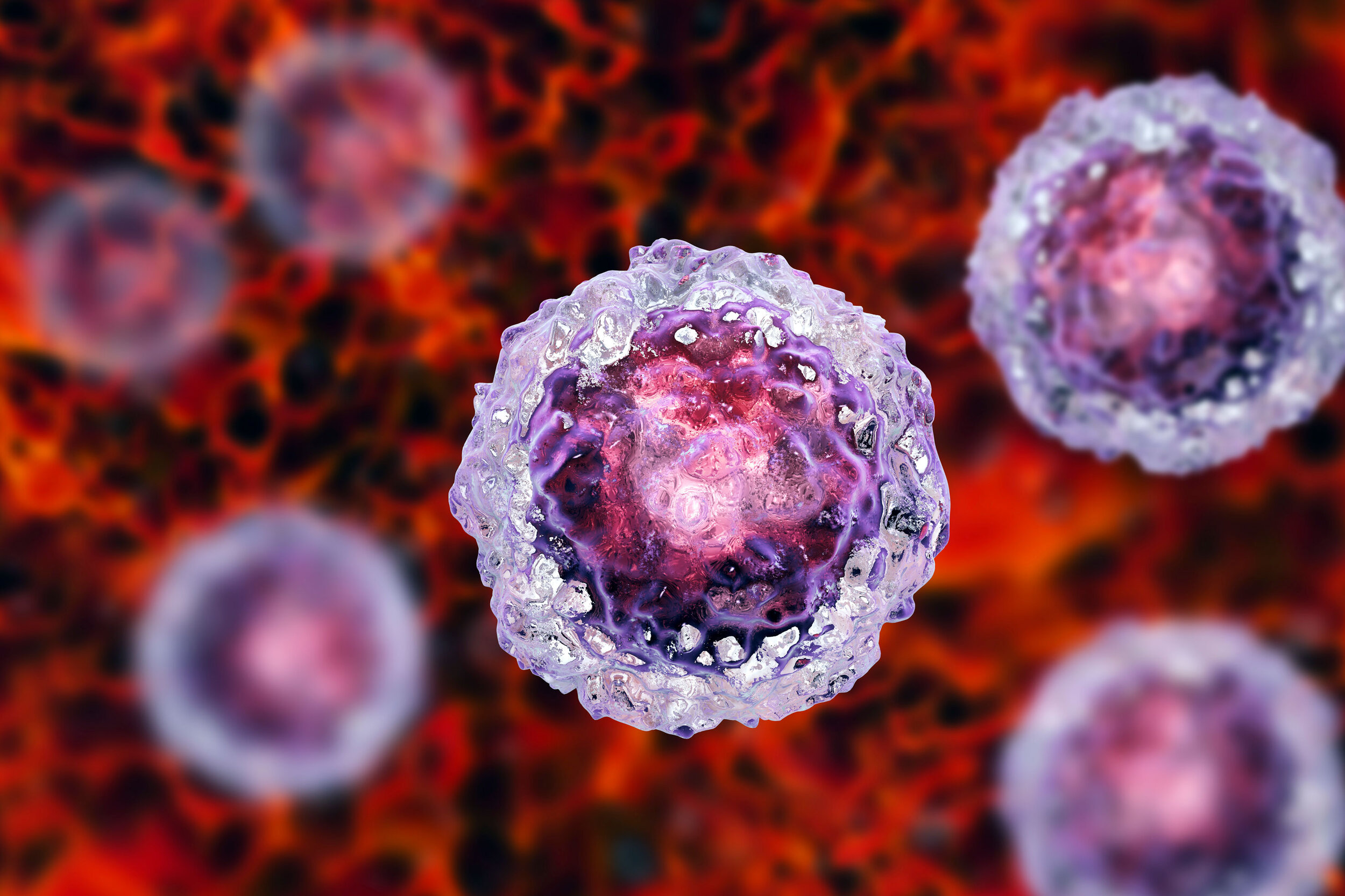
Long QT Syndrome and Its Various Types
Long QT Syndrome is a relatively rare heart rhythm disorder. It affects the heart’s electrical system, resulting in abnormal electrical activity that can cause potentially fatal rapid heart rates and rhythms. There are various types of LQTS, and this article provides an overview of them.

Charlie Moisey, 4x Sudden Cardiac Arrest Survivor
Soon after the birth of her daughter, Charlie Moisey began to fall ill, but was turned away by her GP. Two months after the birth, her condition worsened.

Alexis Holmgren, LQTS Type 5
Alexis Holmgren, a 20-yr old from Alberta Canada, was diagnosed with LQTS Type 5 when she was 12. Growing up she experienced multiple fainting spells after basketball practice and three near-drowning events between the ages of 10 and 11, but as she reveals, LQTS doesn’t define her.

Daiana Diaz Montes, LQTS Type 2
Daiana is a 22 year-old with LQTS Type 2. During her early childhood she had spells of dizziness, fatigue, nausea and chest pains, she was never diagnosed. All that changed in 2013.

Darcy Carhill, LQTS Type 5
Darcy Carhill’s heart stopped when she was 36 weeks pregnant with her daughter Aria. Darcy was later diagnosed with Long QT Syndrome Type 5

Emily Boone
In 2008, just two days before her 16th birthday, Emily was diagnosed with LQTS, and as a young athlete the diagnosis marked a difficult personal transition.

Why SGK1 May Be the Key to Unlocking Advanced LQTS Treatments
SGK-1’s neuronal excitability and its effect in action potential morphology (APM) of cardiomyocytes has captured the full attention of our scientists.

Marjaan Barbano, LQTS Type 5
When Marjaan was finally diagnosed with Long QT Syndrome Type 5 in 2019, she was very relieved. For all these years, she knew something wasn’t right. Finally, it was a relief to have an answer, and in reading about Long QT Syndrome, she found it described all her symptoms.

Sarah Michaelis-Heidman
Sarah Michaelis-Heidman is a 25-year old from Barrie, Ontario, who was diagnosed with Long QT Syndrome in 2019. A three-time cardiac arrest survivor, Sarah has an implantable cardioverter-defibrillator (ICD) to correct her life-threatening cardiac arrhythmias.

Dave Hutton and his Long Cutie, Isla
Dave Hutton is a school teacher by profession, and a Long QT Syndrome caregiver by devotion. Upon his daughter Isla’s diagnosis with Long QT Syndrome Type 3 in 2016, Dave left teaching to be the full-time caregiver to his little girl.

Dr. Maroua Khalifa, Ph.D
Dr. Maroua Khalifa Ph.D is a research scientist reviewing chemistry and biology reports, designing new molecules and their synthetic routes to target specific biological pathways, and developing and executing multi-step synthesis of new small molecules.

The Powerful Potential of Stem Cells in Pre-Clinical Research
LQT Therapeutics researchers use iPSC-derived cardiomyocytes from patients of Long QT Syndrome. These cells are then programmed to acquire properties of cardiomyocytes of LQTS patients.

Alexander Thomas & Family
Alexander Thomas is a 17 year-old dance prodigy born in South Florida. Alexander also has Long QT Syndrome, a condition shared by his mother, Palmire, and his brother, Adrien. This is their journey, shared with the LQTS community.

What is Long QT Syndrome (LQTS)?
Long QT Syndrome is a rare disorder that is often undiagnosed. LQTS causes an elongation between the Q and T waves during a heart beat. The lengthening of these waves can cause unexpected and life-threatening arrhythmias.
